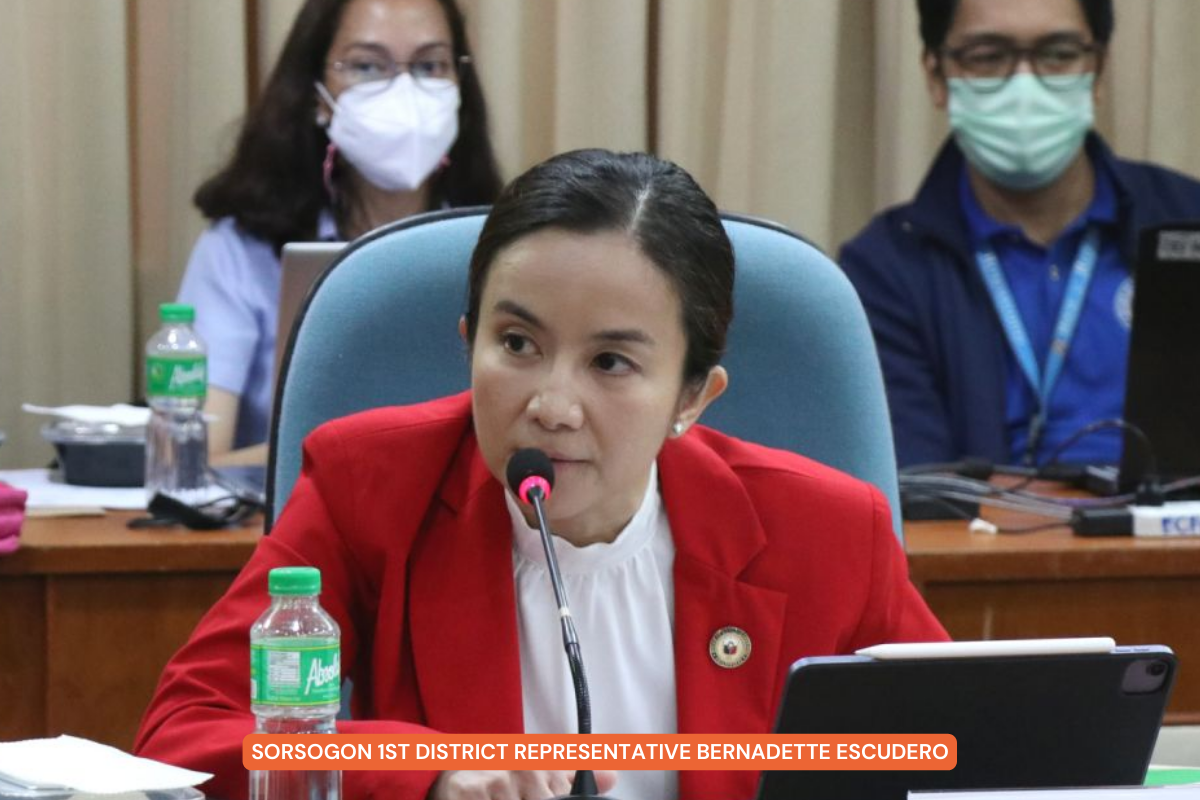SOLON URGES CHED TO CRACK DOWN ON DIPLOMA MILLS
TINGOG Party-list Representative Jude Acidre has called on the Commission on Higher Education (CHED) to take firm action against diploma mills and tighten quality control over graduate programs in teacher education.
Acidre made the call following the Second Congressional Commission on Education’s findings that many graduate programs in the field prioritize credentials over competence.
Citing recent EDCOM II data, he noted that more than half of the country’s graduate students are enrolled in education-related programs, yet many fail to produce meaningful research work or foster real professional development.
Acidre, who also serves as EDCOM II co-chairperson, said the trend shows how some teachers pursue graduate degrees mainly to satisfy promotion requirements rather than improve teaching quality.
“The goal of higher learning for teachers should never be about collecting diplomas. It should be about deepening competence,” Acidre said.
“Too many graduate programs today have become mere ticket requirements for promotion, not real opportunities for growth. We need to bring back the true purpose of education: to form better teachers who can give our students the best learning experience,” he added.
He urged CHED to strengthen oversight by enforcing stricter quality assurance standards and evaluating existing graduate programs to ensure they truly enhance teacher capability.
“Graduate education must be more than a line in a résumé. It has to be a meaningful journey that helps teachers think critically, teach creatively, and lead with purpose,” he said.
“It’s time we put an end to diploma mills that profit from ambition but fail to nurture ability,” he added.
The lawmaker clarified that stronger regulation is not meant to punish schools but to protect educators and students from substandard programs that waste valuable time and resources.
Acidre also backed EDCOM II’s recommendation to prioritize graduate studies in critical areas such as science and mathematics education, literacy, inclusive education, and digital learning — fields essential to strengthening the country’s education system.
“Strengthening graduate education is essential to restoring trust in higher education and supporting the country’s long-term learning recovery,” Acidre said.
“At its heart, this is about caring for our teachers the same way they care for our learners. When we invest in their growth, we invest in our nation’s future. Strengthening graduate education is not just reform — it is renewal, one teacher at a time,” he added.














